With the UK and devolved governments announcing various degrees of lockdown restrictions, and a couple of months until spring begins, many people are beginning to feel burned out with their mental health after months of coping with the coronavirus pandemic.
Studies have shown that connecting with nature can improve mental health, so we've rounded up a few of the ways you can still engage with and learn about wildlife during autumn and winter, whether it's in your garden, a local nature reserve or park, or virtually.
If you are planning to see wildlife, please follow the latest government advice regarding coronavirus, and bear in mind that there are different restrictions in place between England, Wales, Scotland and Northern Ireland, and in more localised areas as well.
Wildlife in your garden
In early spring, a variety of species are starting to wake up from their hibernation and to get ready for the breeding season.
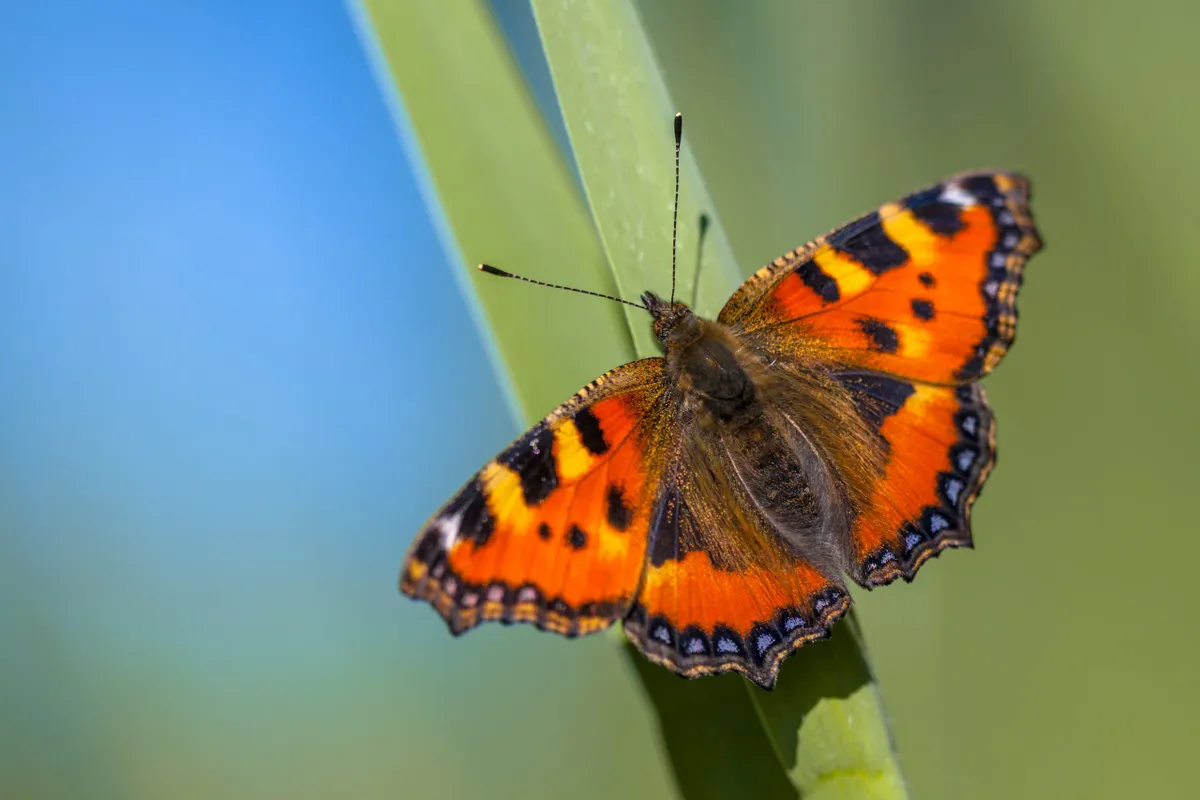
- British wildlife in February
- How to identify spring bees
- How to identify garden bird nests
- What triggers toads to migrate in spring?
Perhaps now is the time to (safely) undertake some wildlife gardening jobs?
Wildlife further afield
Check out your local nature reserves or parks to see a wider variety of wildlife.
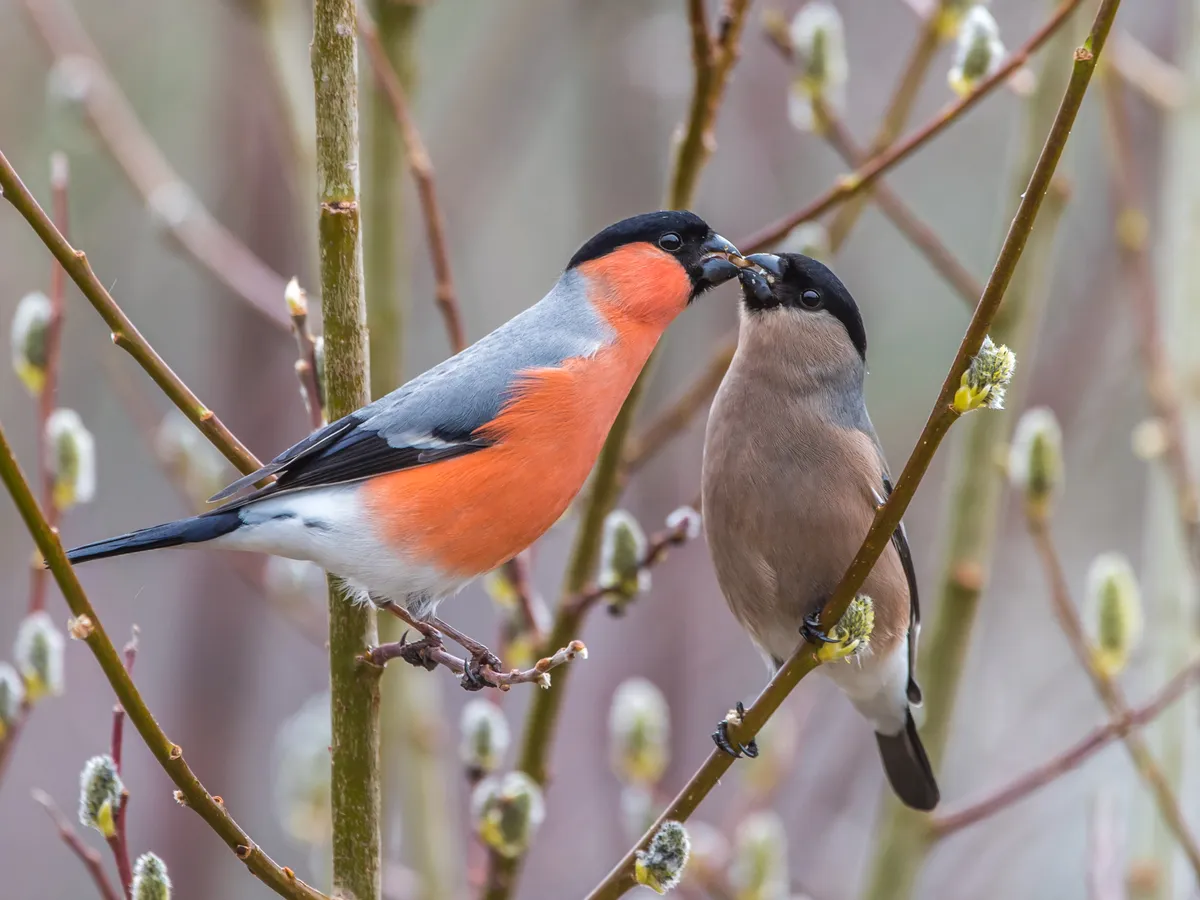
- How to identify spring hedgerow species
- How to identify early spring blooms
- How to identify spring wildflowers
- How to tell the difference between hawthorn and blackthorn
- How to identify a tree by its bark
- British spring wildlife in pictures
Foraging
Early spring is still a quiet time in the forager's diary, with the berries and nuts of autumn mostly gone from trees and hedges. However, you may still find rosehips in good enough condition to pick for rosehip syrup, and gorse is often in flower in February for making gorse kick mead. If you've decanted the sloes from your sloe gin and want to use the gin-soaked sloes again, try making sloe port or using them in hedgerow jelly.
The first nettle shoots are starting to push up, so you can start thinking about which nettle recipes you'll be picking leaves for. There are loads to choose from, including nettle soup, nettle beer, and nettle pesto.
Always remember to leave some for wildlife, to never uproot a plant (except with the landowner's permission), and to be sure of the identification of what you're picking.
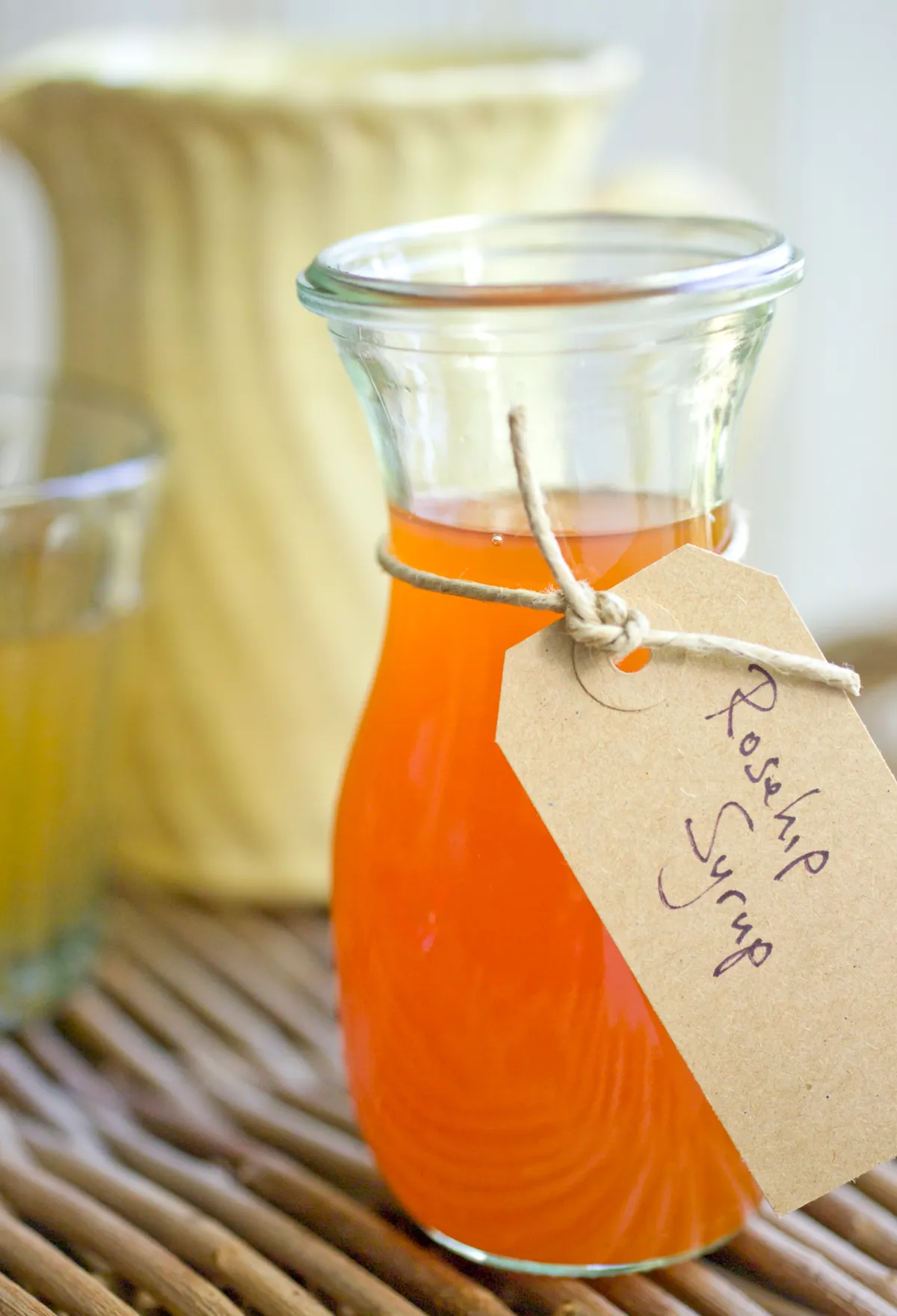
Test your wildlife knowledge
We have a range of identification and general knowledge quizzes for you to try out, including crosswords from our magazine.
Podcasts
There's plenty of amazing wildlife, nature and science podcasts to listen to. In our guide on how to listen to podcasts, we share a list of podcasts that you might be interested, including ones from our sister magazines BBC Countryfile and BBC Science Focus.
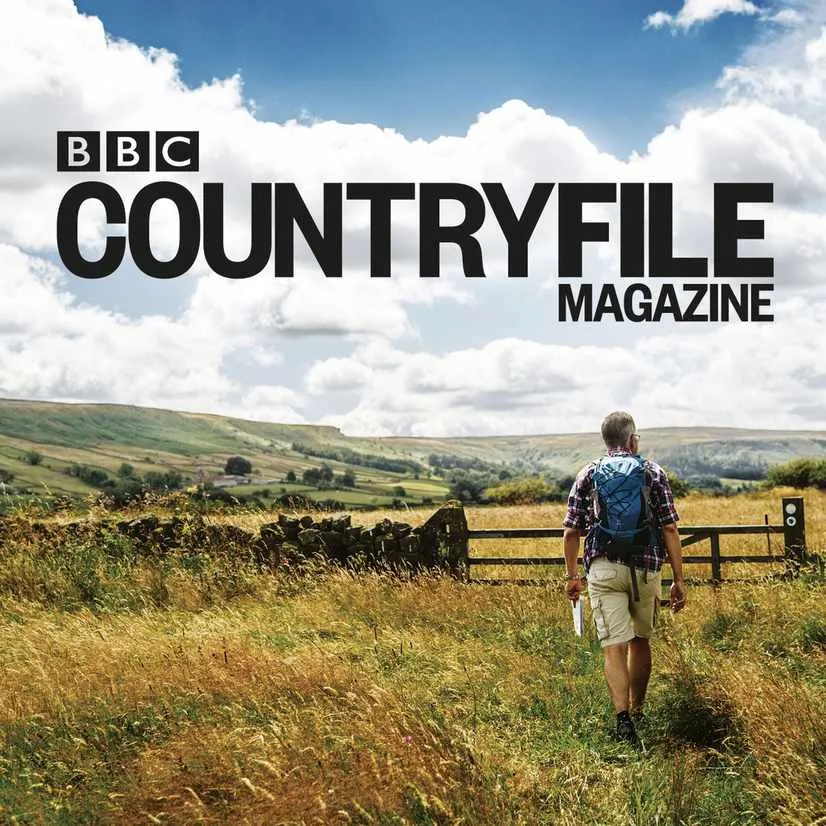
Play a game

Feeling a bit competitive, and want to learn about wildlife? There are loads of wildlife-themed games to be played suitable for a range of ages, whether you're playing bingo, migrating butterflies across North America, or pretending to be a honeybee.
Read our reviews for a range of games, including board games, jigsaw puzzles, card games and video games. If you're looking for even more board game reviews, our sister magazines BBC Good Food, BBC History and BBC Science Focus have also reviewed themed games!
Hashtags / social media accounts
Some organisations and individuals have set up new hashtags or social media accounts as a way for people to share their wildlife sightings.
Wildlife From My Window
In 2015, Elizabeth Guntrip set up #WildlifeFromMyWindow with the BBC's Springwatch, for people who are housebound due to illnesses and disabilities.
RSPB
The RSPB set up the #BreakfastBirdwatch, a daily hour on weekdays between 8-9am where supporters and the wider public can share photos and videos of their garden birds. There will also be different species and themes to focus on, such as drawing and poetry.
The Self-Isolating Bird Club
TV presenter, author and naturalist Chris Packham has set up The Self-Isolating Bird Club on Twitter and Facebook, so that birdwatchers can share their local sightings virtually.
Read an extract from our recent interview with Chris Packham and Megan McCubbin, and Chris Packham's article from spring 2020 on connecting with nature during lockdown.
Livestreams
Watch wildlife livestreams
There are lots of webcams of wild animals around the world, and we've searched high and low in order to create an extensive list of them.

From Eurasian eagle owls and and golden eagles in Latvia, to white-bellied sea-eagles and northern albatrosses in Australia, to bald eagles and manatees in the USA, there's plenty to watch from the comfort of your own home.
Chris Packham
Alongside the Self-Isolating Bird Club, Chris Packham is hosting daily livestreams with his step-daughter Megan McCubbin in the New Forest. They often include special guests, and sometimes Chris' poodles.
For those with an interest in punk music, Chris Packham is also sharing #punkrockmidnight.
Online talks and training
Many wildlife societies and charities have turned to online meetings instead of their regular field meetings and talks. The talks cover a wide range of topics, including interviews with scientists, conservationists and photographers, training on species identification or recording schemes, and general lectures on species and wildlife. Many of the online courses and talks are free.
Here are some of the available and upcoming sessions:
- Nature Live Online with scientists at the Natural History Museum
- Virtual natural history talks with the London Natural History Society
- Earth Live Lessons, with Lizzie Daly
- Skype A Scientist
- Natural History Live, organised by the Field Studies Council Biodiversity Projects: playlist of talks available online, and upcoming talks
- In Conservation With ..., by The Urban Birder (David Lindo)
- Bumblebee Conservation Trust
- The Tanyptera Project
- Plant Galls training course, organised by Biodiversity Information Service
- British Trust for Ornithology
- Botanical Society of Britain and Ireland
- Natural History Society of Northumbria
- Cofnod
- Linnean Society
- Ecology Live talks, by the British Ecological Society
- UK Centre for Ecology and Hydrology
- West Wales Biodiversity
- South East Wales Biodiversity Records Centre
- NatureSpot
- Chilterns Conservation Board
- A Safari Through the History of Painting, by the David Shepherd Wildlife Foundation - Wednesday 3 March, 6.30-7.30pm. Free
Virtual escapes
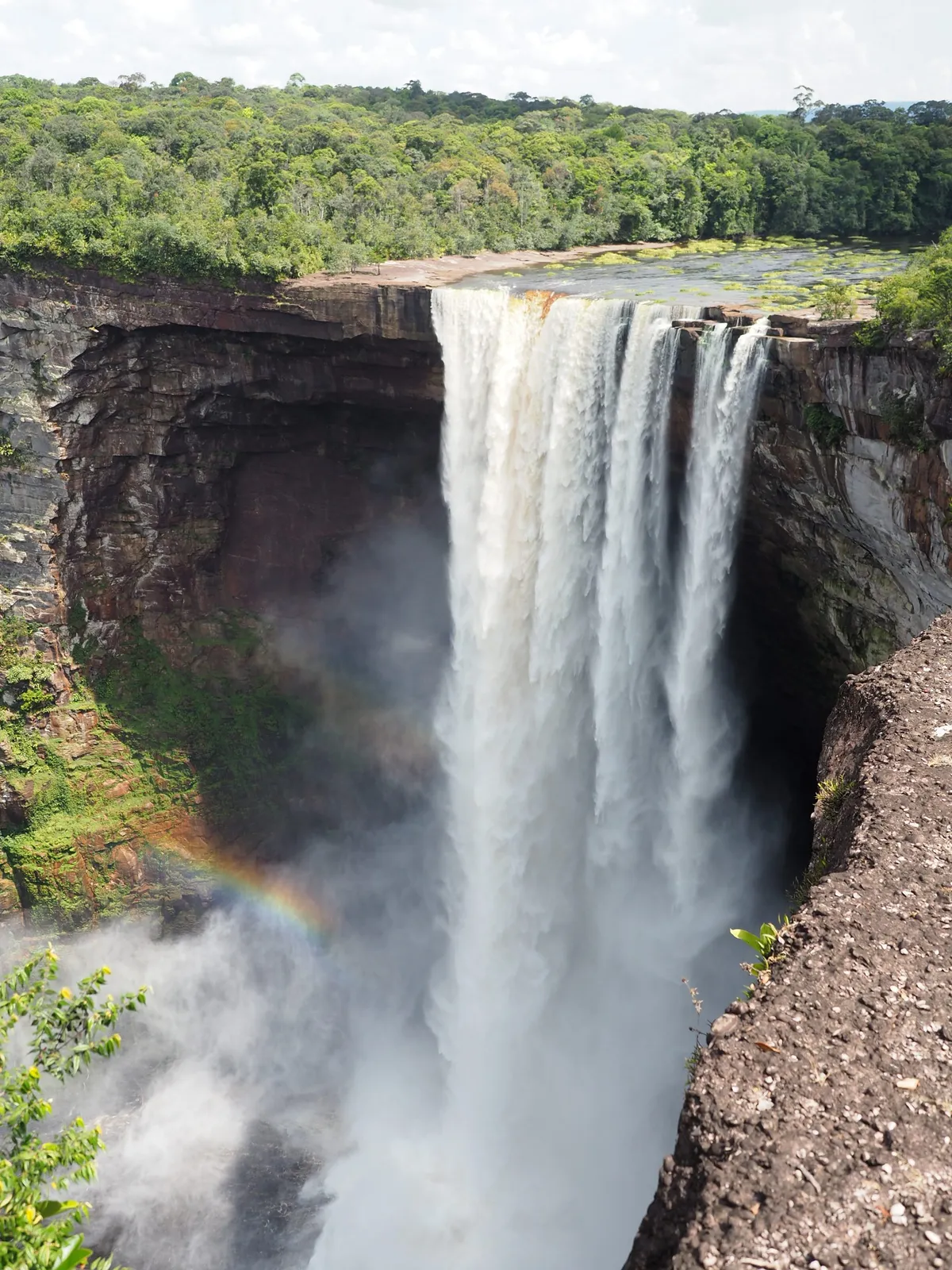
Travel virtually around the UK and the world with guides from BBC Wildlife and BBC Countryfile.
- BBC Wildlife
- BBC Countryfile:
Main image: Robin. © Mark L Stanley/Getty
